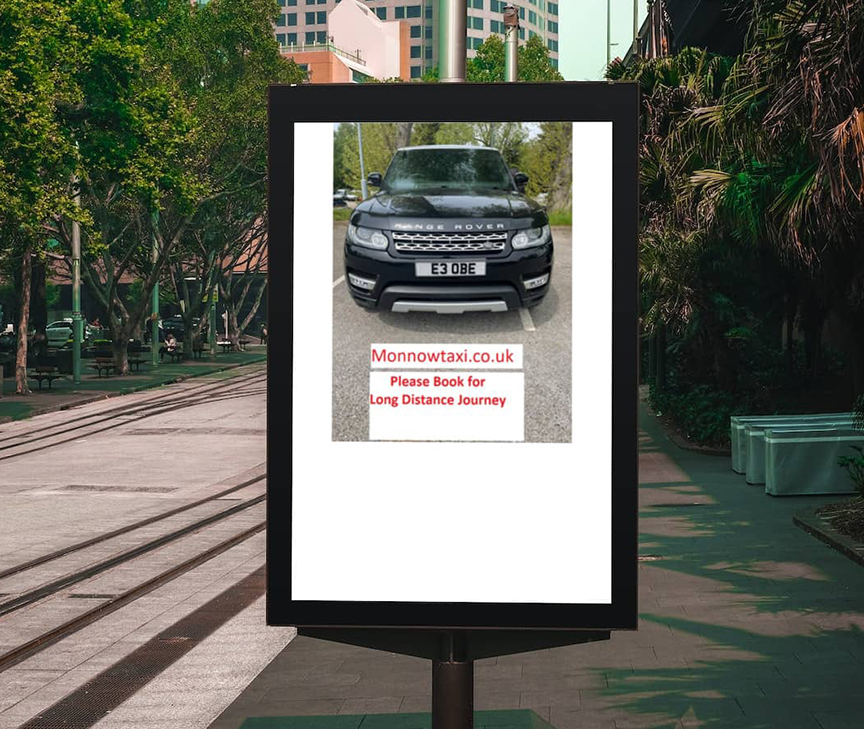| Should Taxis Be Part of the Sustainable Transport Movement? | |
Let’s face it—climate change isn’t going anywhere unless we all step up. And while we’ve all heard about electric buses, bike lanes, and hybrid family cars, here’s a question that doesn’t get enough spotlight: Should taxis be part of the sustainable transport movement?
Spoiler: Yes, absolutely. And not just because we want to save the polar bears (though that would be nice too). Taxis, especially in small towns like Monmouth, have the potential to play a pretty heroic role in building a greener future. But how exactly can they go from gas guzzlers to green champions?
Let’s hop in the front seat and take a ride through the facts, stats, and real-world examples..jpg) Why Taxis Can’t Stay in the Fossil Fuel LaneTraditional taxis have often been lumped into the "traffic problem" category—idling engines, fuel emissions, and let's not even talk about those long waits in congested city centers. But the truth is, taxis are a crucial part of public transportation, especially in smaller towns where buses don’t always run past 6 PM and your nearest train station is a legend told in hushed tones.According to the UK Department for Transport, there are more than 260,000 licensed taxis and private hire vehicles across England and Wales. That’s a significant number of wheels on the road—and a big opportunity to go green. “Sustainable transport isn’t just about what you drive, it’s about how the system works together,” says Louise Ramsey, transport policy expert. “Taxis provide flexible, on-demand service—making them a valuable part of low-carbon urban planning.” Electric Taxis: More Than Just a TrendLet’s talk EVs (Electric Vehicles). You’ve seen them, you’ve heard them (or, more accurately, not heard them). The UK has pledged to end the sale of petrol and diesel cars by 2035, and many local councils are already offering grants and incentives to taxi drivers who go electric. For example:• Cardiff’s Green Taxi Scheme offers drivers up to £8,000 to switch to electric vehicles. • London has over 7,000 electric black cabs on the road as of 2024, according to TfL. Even in rural and semi-rural areas like Monmouth, the shift is becoming feasible. Monnow Taxi has already started looking at low-emission vehicle options, showing that eco-conscious transport doesn’t have to be a city-only affair. Greener Isn’t Just About the EngineGoing sustainable isn’t just about swapping engines. It’s also about changing how we use taxis and how they fit into the broader transport ecosystem. Here’s what the sustainable taxi model can include:• Ride sharing for passengers with similar destinations • Smart route optimization to reduce mileage and wait times • Idle time reduction through tech and scheduling • Paperless billing and cashless payments to reduce waste Think of it as the Whole Foods of the transport world—just minus the kale smoothies. .jpg)
Let’s not sugarcoat it—switching to sustainability isn't cheap. A fully electric taxi can cost anywhere from £30,000 to £60,000, and charging infrastructure is still lacking in many areas. Especially in small towns, finding a public charging point is like winning the lottery (except the prize is a slow top-up of 20%).
“The will is there, but the support isn’t always. Local authorities need to work more closely with small taxi firms to make green transport accessible,” says Ben Marshall, EV Policy Analyst at Green Motive UK. |
|
| Reliable Taxi services in Monmouthshire: | |
| When it comes to securing reliable and convenient transportation, Monnow Taxi Services is your trusted partner. We offer a seamless booking process to ensure your travel needs are met with utmost efficiency and professionalism. Easy Reservation: Booking your ride with Monnow Taxi Services is effortless. You have multiple options at your disposal. You can conveniently make reservations through our user-friendly website, or simply give us a call at 07968 059409 WhatsApp: Message us at 07968 059409(with whatsapp icon) to book or inquire about our services.  Booking your ride https://monnowtaxi.co.uk/booking Monnow Taxi Services https://monnowtaxi.co.uk/ |
|
 |
|
 |
|

.jpg)